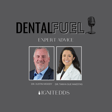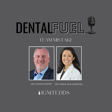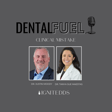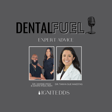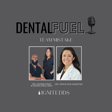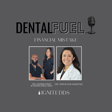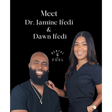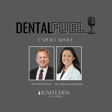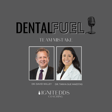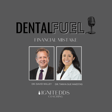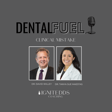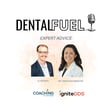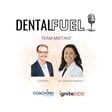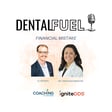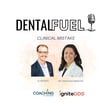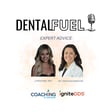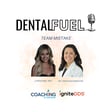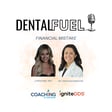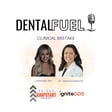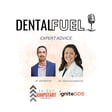
Dr. Justin Moody: Financial Mistake
Are you truly prepared for implant complications?
This week on #DentalFuel, Dr. Justin Moody sits down with Tanya Sue Maestas to break down what’s really missing in implant education. From live patient training to managing post-op complications, Moody shares how his innovative approach is creating more confident and capable implant dentists.
Episode Summary:
In this episode, Tanya Sue Maestas converses with Dr. Justin Moody about the transformative approaches in implant dentistry education and how they are elevating both community standards and surgical outcomes. The dialogue highlights the unique training models introduced by Moody, focusing on follow-up practices and post-surgery care, which distinguish his courses from conventional ones. Through extensive hands-on training sessions and a well-structured curriculum, Moody ensures that dental professionals are thoroughly prepared for real-world procedures.
Dr. Justin Moody underscores the importance of a solid educational foundation for aspiring implantologists, which he conveys through modular online learning combined with intensive hands-on practice. Emphasizing the importance of live patient training, Moody discusses how these elements enable dentists to succeed while also addressing common complications post-surgery. He mentions the significant advantages of the residency program with Jacksonville University, where volume and complexity prepare residents to confidently manage any potential complications in private practice. By merging traditional dentistry practices with cutting-edge educational techniques, Moody fosters a new breed of confident and competent implant dentists.
Key Takeaways:
- Justin Moody has innovated implant dentistry education by integrating online modules with practical hands-on training.
- The residency program at Jacksonville University provides residents with significant exposure to a high volume of procedures, enhancing their competency in managing surgical complications.
- Understanding implant failures and complications equips practitioners with the knowledge necessary to resolve issues effectively, making implant dentistry a viable career path for risk-tolerant dentists.
- Practical training at Implant Pathway facilitates the transition from learning theoretical basics to performing successful procedures with confidence.
- Cherry-picking early cases allows new implantologists to build confidence and competence before tackling more complex scenarios.
Connect with Dr. Justin Moody: @drjustinmoody
Find out more about Implant Pathway: @implantpathway
Connect with Ignitedds and Dr. David Rice: @ignitedds Free Intro Call
Connect with Tanya Sue Maestas: @tsmaestas.dds
Learn more about Ignite Coaching : https://ignitedds.com
